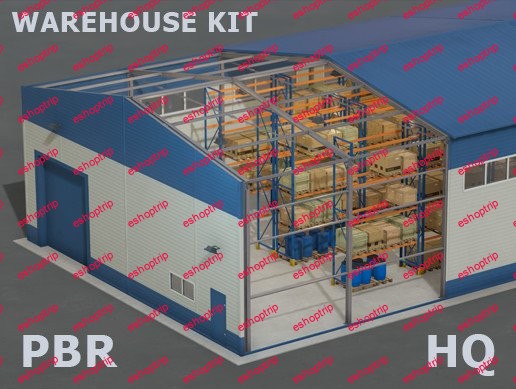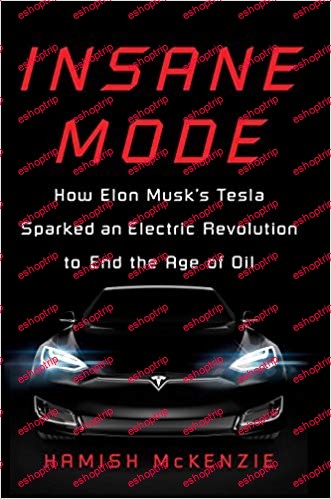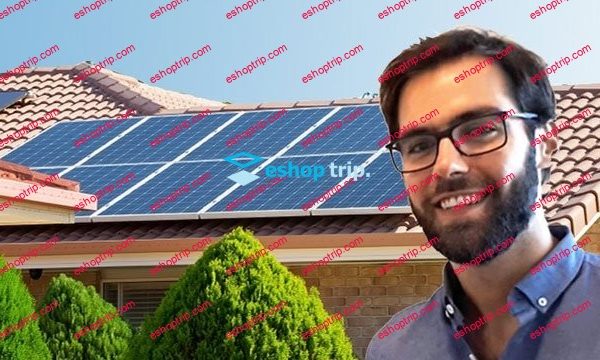Trials & Triumphs Of The Reactive Power Motor Generator
1.03 GB
This presentation covers the second self-recharging motor demonstrated at the conference and it is also based on some motor concepts developed by John Bedini along with some other concepts that came from others.
Mike starts off by covering the relationship with his partner Norman, where they came from and what led to the development of this Reactive Power Motor Generator.
He shows some of the pieces/components to the motor that were used in the context of how it evolved and how it started as just a motor when he first took it to Paul Babcock’s shop as well as the switching circuit that they needed to design to take it to the next level.
You’ll also hear how it ran for hours and at the end of the run, the input batteries were a few volts higher than when it started! So not only are the back batteries being charged, the front ones are too.
It’s also important to go up in voltage – this adds some complications for capturing the inductive spikes because the parts may not be rated for it, but there are many reason to go up in voltage. This even applies to the Bedini SG. Most people stick to 12v, but that is for learning. If you go up in voltage, then any voltage drops on the circuit wind up being a lower percentage of the total voltage compared to 12v. These concepts need to be considered and Mike and Norm incorporated these concepts into this machine.
Mike explains some of the challenges and methods they went through to deal with the higher voltages so they wouldn’t blow up so many parts.
It’s also important to understand a crucial aspect to the batteries that must be in place for both the front and back batteries to rise and its simpler than you might think.
The importance of the air core is very important. Paul Babcock covered that in detail in his presentation and Mike will reiterate just how important this is. This machine will no perform like this if it has iron in its core!
When applying these principles, Mike winds up with a motor that runs COLD. The components don’t heat up. After it gets running, everything cools down on the switching circuit. And, that is with it outputting about 140-150VAC. Keep in mind that Mike’s goal is to power his entire home off of this machine.
He runs the motor so you can see it in action and while it speeds up, he explains more of the nature of the machine and it ends with some Q & A where Mike shares more details and insights into this project.
It is important to understand this is not a “How To” and does not include the schematics. It is a story of Mike and Norm’s journey but he does share a lot of the concept incorporated into the machine that you can apply in your own experiments. To give you an idea of where to start, it is very similar to an air core Bedini SG running at a higher than normal voltage. Anyone that follows that path will learn a lot that they never experienced with iron core coils.
Mike does say after some of the IP is protected that he will share the how to so others can experiment with it.
Part of the 2019 Energy Science & Technology Conference series (84 mins downloadable video).











Reviews
There are no reviews yet.